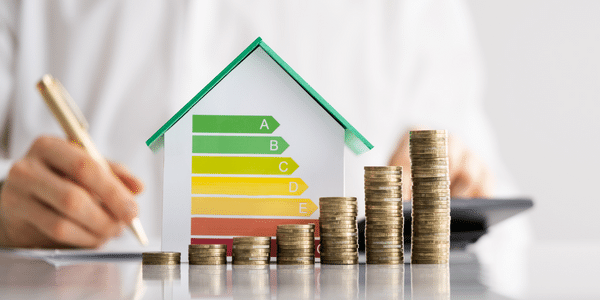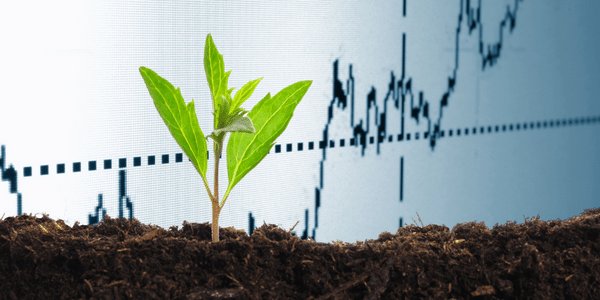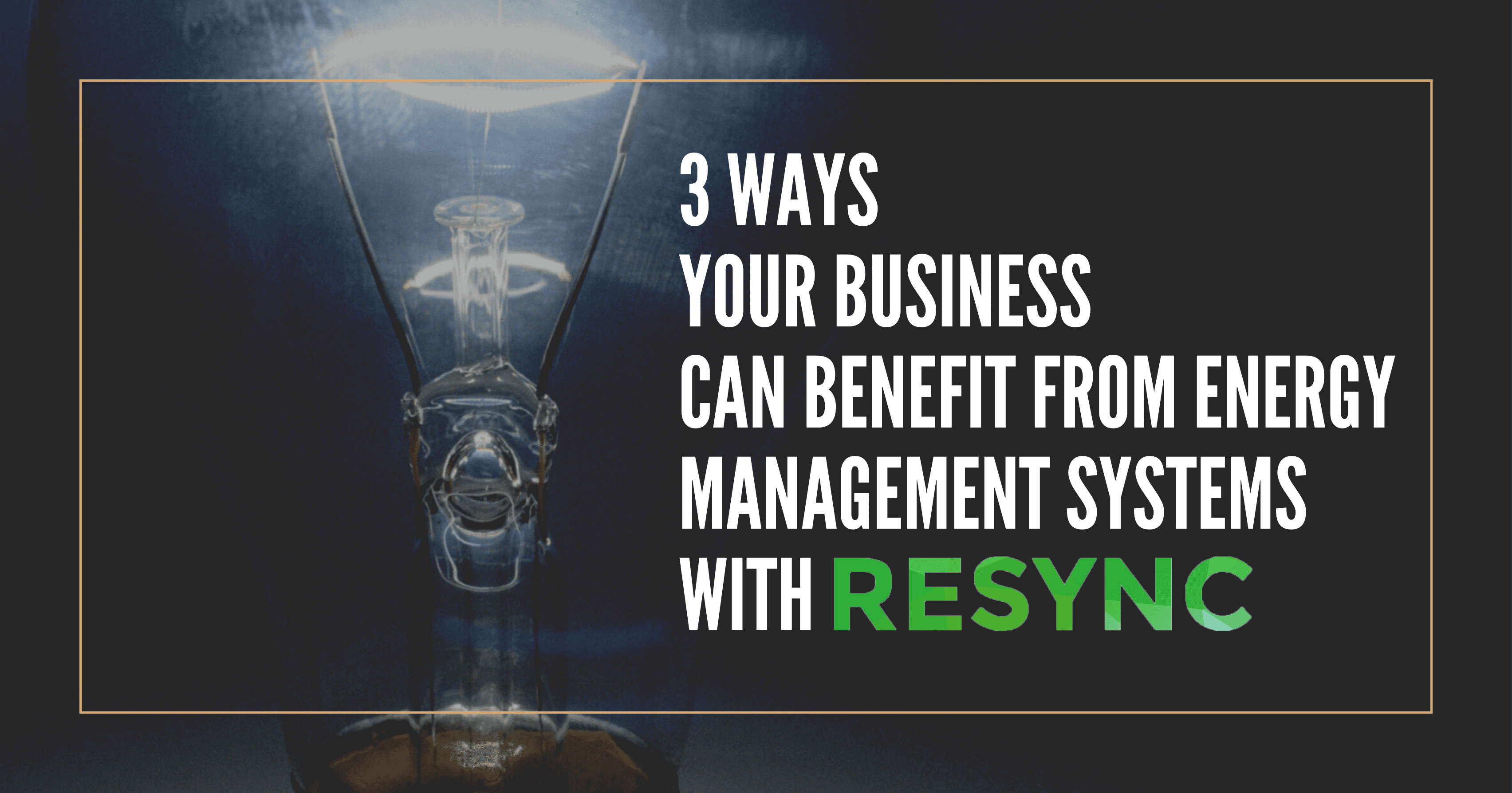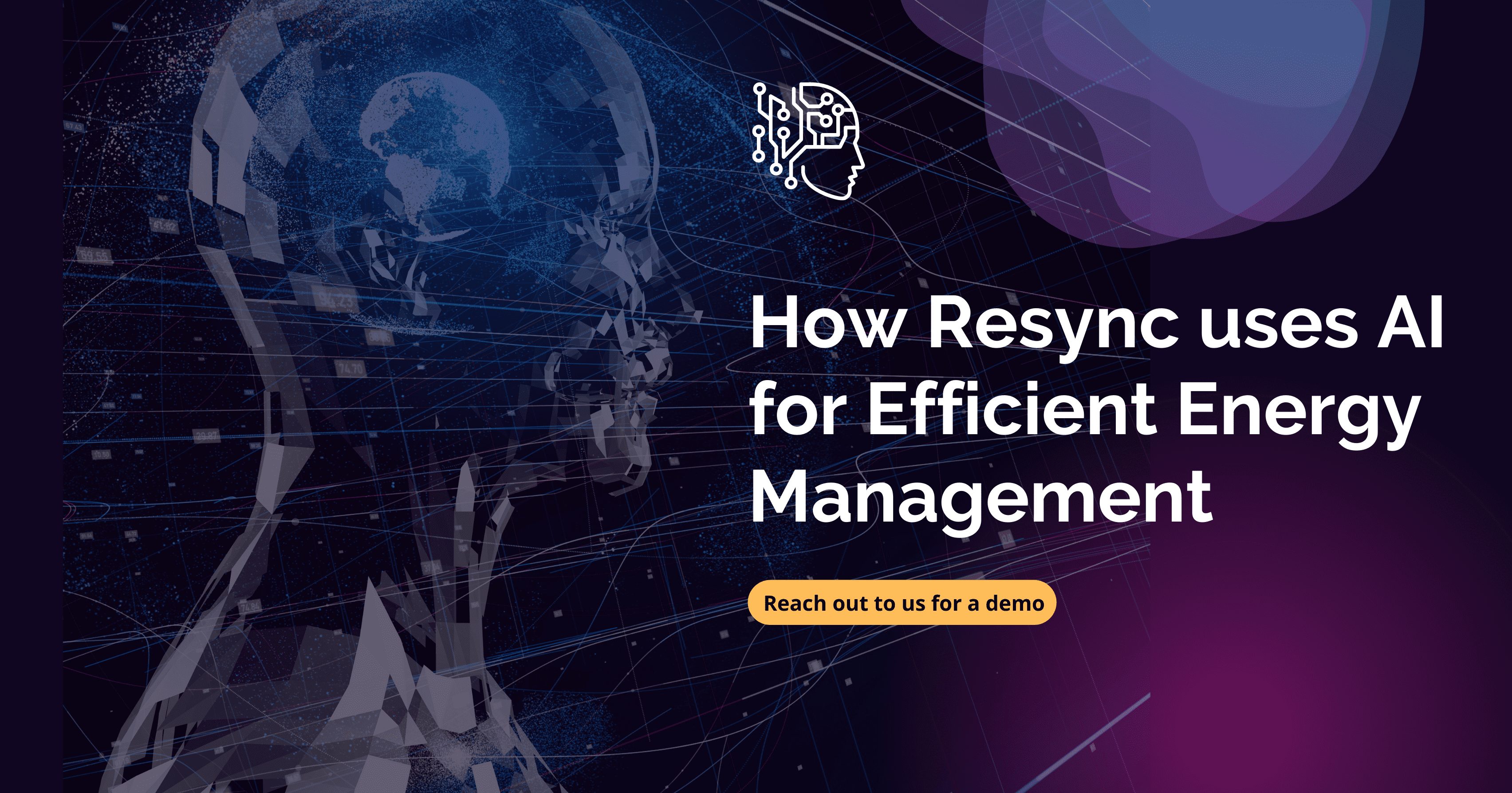3 Effects of COVID-19 On Our Energy Consumption

How Has COVID-19 Affected Singapore’s Electrical Consumption?
Since the first COVID-19 case was detected in Singapore almost 2 years ago, the nation has undergone several phases of heightened measures. Lockdowns, isolation and quarantine orders have driven workplaces to implement Work from Home (WFH) arrangements in a bid to contain the spread of the virus. At the same time, entertainment facilities and places of attraction have either had to temporarily close or pivot their businesses to accommodate the stricter rules that regulate safe and social distancing. Closures and restrictions on operations of facilities such as offices and leisure spaces have undoubtedly impacted social and economic activities as a whole. In light of this impact, we’d like to explore how the new normal brought about by COVID-19 has affected energy consumption patterns across Singapore. Did the nation experience reduced or increased energy consumption? Let’s take a deeper dive below.
According to the Energy Market Authority of Singapore, total electricity consumption in 2021 is predicted to grow by 2% from 2020 in spite of the global pandemic. From the chart below, it can be seen that generally, the electrical demand has not changed much when comparing March 2019 (pre-COVID) and March 2020 (during heightened alert, when strictest measures were in place) consumption rates. In fact, the demand seems to have increased from similar days from the past year, even when benchmarked for weekdays and weekends.
A deeper dig into the impact of COVID-19 on Singapore’s electrical consumption could point to the following reasons why the pattern is as such.
- Empty buildings still consume power
One might assume that a nearly empty or closed building would not require as much electricity. However, this is not necessarily true. Even with a decrease in occupancy levels, office buildings and leisure spaces may continue to consume energy due to lighting, elevators, plug loads and servers used by employees from home that may continue to remain in operation. While centralised controls in buildings have made it easier to manage energy efficiency (especially for heat ventilation and air conditioning systems) according to occupancy levels, there are other miscellaneous sources of energy consumption such as IT equipment and battery chargers which may be overlooked and left to run.

- WFH shifts electrical load from buildings to individual householdsAs part of Singapore’s social distancing rules, employees are encouraged to work remotely or take up a hybrid model of split teams (some WFH and some work on-site). Instead of consuming electricity in the office building, individuals consume electricity in their homes. In this way, WFH actually shifts the electrical load to individual households. Especially with Singapore’s hot and humid climate, individuals are likely to resort to using air conditioning services every workday even from home, contributing to higher overall household electricity consumption. Even with restrictions imposed on office and leisure spaces, load factors are affected due to Singapore’s capacity of 6.9 million people.

- Singapore’s growing economyIncreased energy consumption has often been closely associated with economic growth. According to the Ministry of Trade and Industry, the impact of COVID-19 on Singapore’s economy has been significant. Sectors such as travel, tourism, construction, real estate, retail and food services have been adversely affected. Compounding that, sectors such as manufacturing and wholesale trade have also faced supply chain disruptions and reduced external demand. Having said that, Singapore thrives also in sophisticated industries involving usage of precision equipment and sensitive computer systems that require high quality of electric supply. As the government maintains a positive outlook on the recovery of the economy and expects a rebound in electrical demand with the inclusion of thriving new industries such as data centers and 5G telecommunication networks, Singapore’s capacity to achieve positive economic growth suggests that our electrical demand could stay on the rise.

In general, electrical demand and consumption does not necessarily reduce as more people choose to stay home during the pandemic. In fact, there are instances where energy consumption increased during COVID-19 due to buildings’ continual energy consumption, energy load shifting from commercial/ office buildings to individual households and year-on-year growth in the economy.
Studying the evidence of how a global phenomenon can impact or even influence our energy demand and consumption patterns should encourage us to develop a sense of awareness and mindfulness to optimise our own energy usage regardless of the global situation. At Resync, we believe that having an awareness and mindfulness of our energy consumption is key, and a positive first step towards committing to energy efficient behaviour. This is why we use deep learning to analyse and predict our customer’s energy load and consumption patterns in real time. With the creation of a general load profile for our customers’ buildings, we help them to understand how their building is dealing with the fluctuating energy demands. Additionally, we provide insights based on the data, and grant them optimal control over their energy assets in order to remain energy-efficient and cost-effective during a pandemic or otherwise.
References:
Why Empty Office Buildings Still Consume Lots of Power During a Global Pandemic
More Related Our Stories

Resync Year 2020 in Review
As Resync persevered and welcomed changes brought about by COVID-19, we had...

3 Ways your Business can Benefit from Energy Management Systems
For many businesses, energy consumption costs make up a significant portion...

How Resync Uses AI for Efficient Energy Management
The global energy market is undergoing a huge transformation. From...
